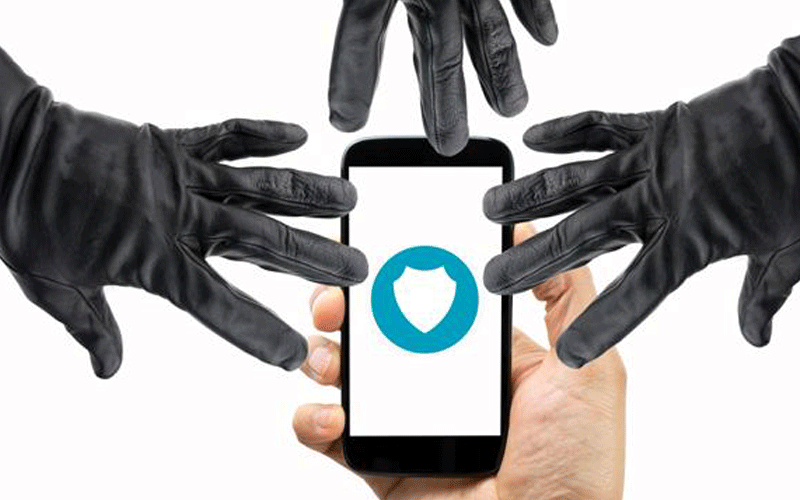Keep gadgets safe over the holiday
By Adalla Allan, December 23, 2020Adalla Allan @Adalla_Allan
Our gadgets have offered us good company throughout this quarantine period by always keeping us updated on what is going on around the world.
It also made the globe a small home as we would communicate virtually with our loved ones and colleagues world over.
We have been able to work and learn from home and entertain ourselves with these gadgets during Covid-19 times.
And now as we are getting into the festive season, taking good care of our at home and as we travel, we should ensure that the apps are updated and the data kept safe from cybercrime.
The gadgets and electronics should be secured from thieves who are now busy looking to celebrate their festive season in style.
Alex Mativo, an IT expert from Nanasi, warns people against accessing public Wi-Fi as it creates a higher risk of their confidential data being hacked.
“It’s not uncommon for the majority to want to use public Wi-Fi when we travel.
However when you’re out and about, choosing to take that risk and connect without a secure line, you’re consenting to the fact that, ’a public Wi-Fi network is inherently less secure than your personal, private one, because you don’t know who set it up, or who else is connecting to it’,” he says.
Strong patterns
Mativo says such public Wi-Fi hotspots are insecure and easily surveilled by unauthorised parties.
“We have seen multiple cases of identity theft or well-crafted credit card fraud schemes happening over public Wi-Fi.
When sharing the same Wi-Fi Hotspot, chances of hacking your data are very high.
In an ideal world, online users would always opt for their hotspot or mobile service provider internet over a public connection.
However, if absolutely necessary users can download and use Virtual Private Network apps. They encrypt your connection when using any Wi-Fi network,” he says.
John Muthui, a cybercrime consultant says we should always ensure gadgets have strong passwords, patterns or fingerprint.
He encourages people to use the Multi-Factor Authentication feature on their emails for verification.
This feature is a two-way mechanism that detects any other gadget that wants to log into your email and sends you a message to verify that you recognise the gadget trying to access your mail. If you approve, it sends a verification code to that other device.
“We need to have passwords on our devices since you never know who may come across it. Passwords will keep documents in your device safe.
Well, technology has enabled us to store our information and data so easily, we have Google Drive, Microsoft Onedrive, Apple Drive, just to mention a few.
These also have the Multi-Factor Authentication which will keep the documents safer.
Additionally, they give you ease to access your records at your own convenience by simply using the search engine,” Muthui adds.
Rash responses
To avoid hustles and bustles that come with using apps, ensure that they are updated. Electronics left behind should also be well wrapped and stored in carton boxes to prevent accumulating dust that may damage them.
Additionally, they should be well switched off to avoid the risk of mechanical damage by electricity.
“Remember you will still need the service from these devices in January, so take good care of them to avoid the budget of buying new ones in 2021,” Muthui says.
As cyber security becomes more vital, especially over this season, it is important that individuals are careful with online purchases and online scams.
Experts say cybercriminals will try to tap into people’s fears to elicit rash responses.
Things such as emails or messages that warn of order cancellations, account deactivations, penalties, and other panic-inducing alerts should be treated suspiciously.
Same is the case with messages that require people to click on links or provide sensitive or personal information.
